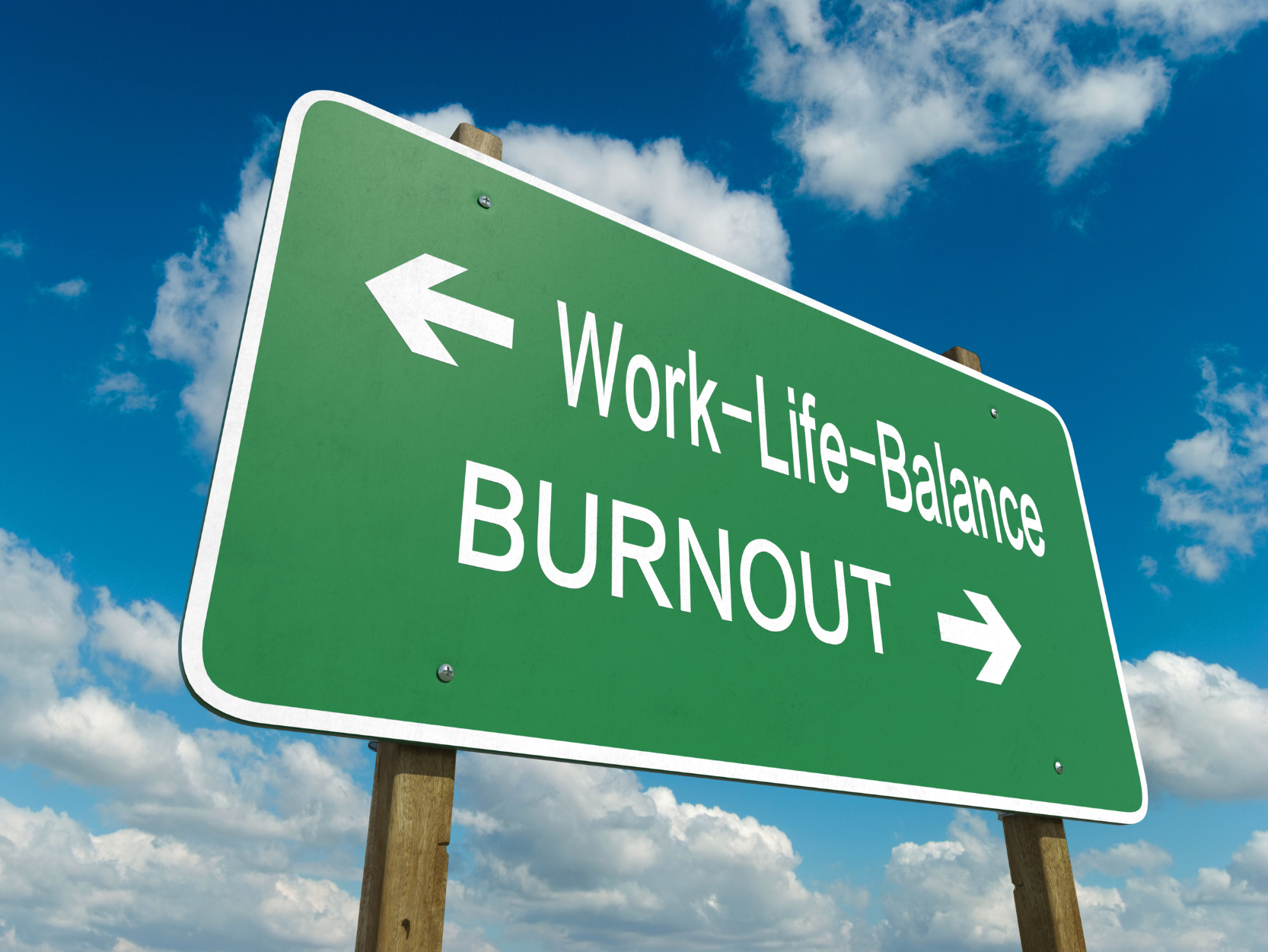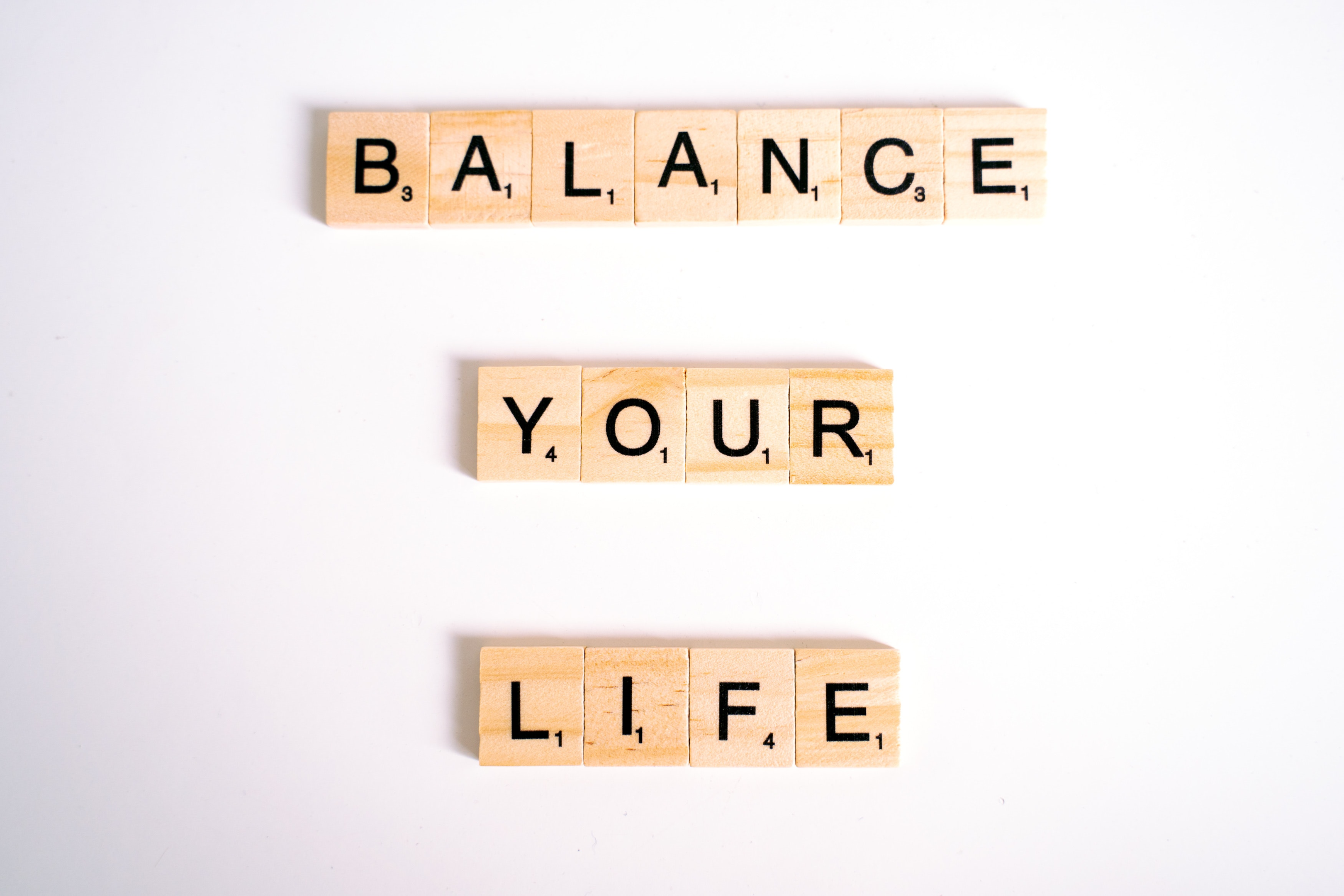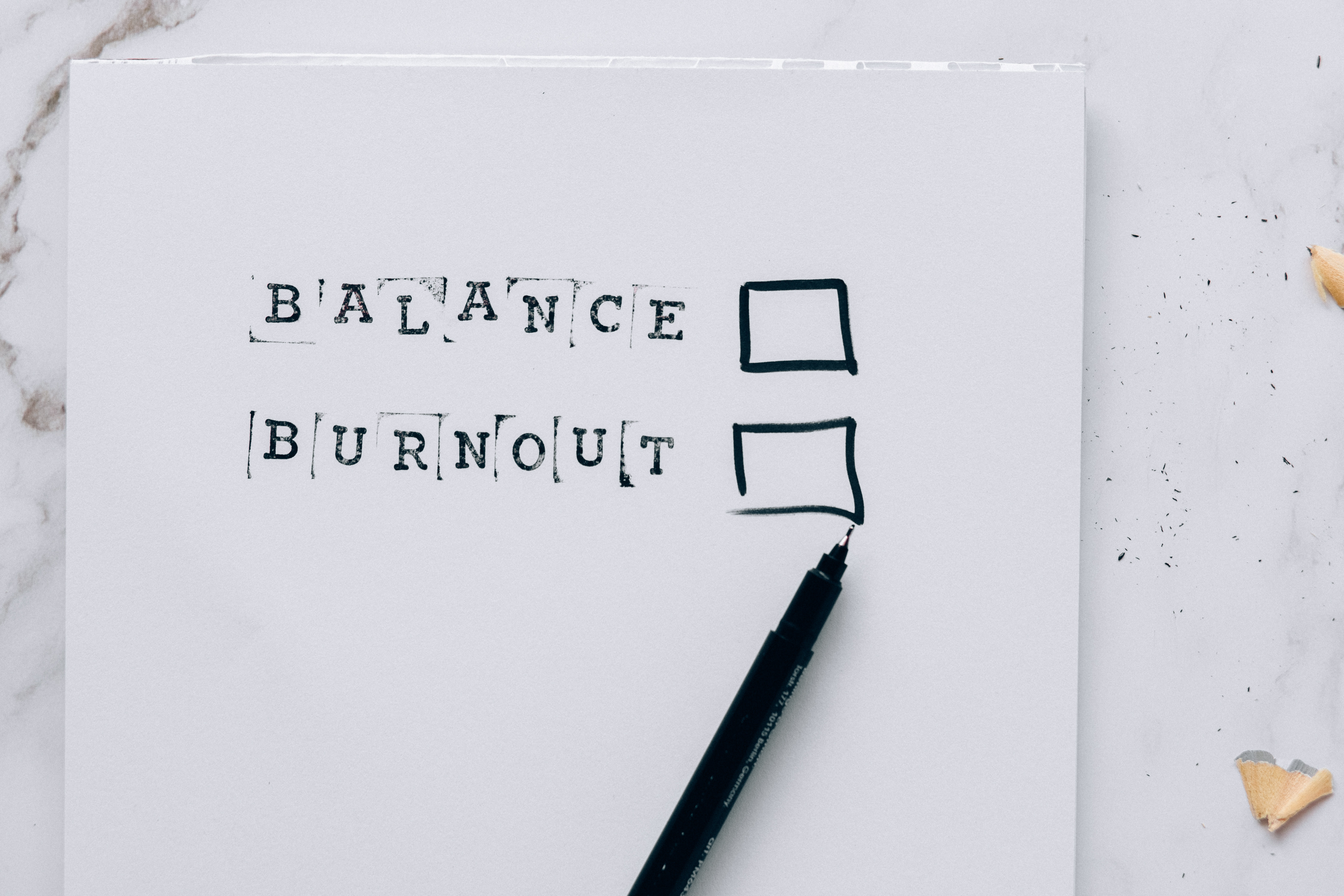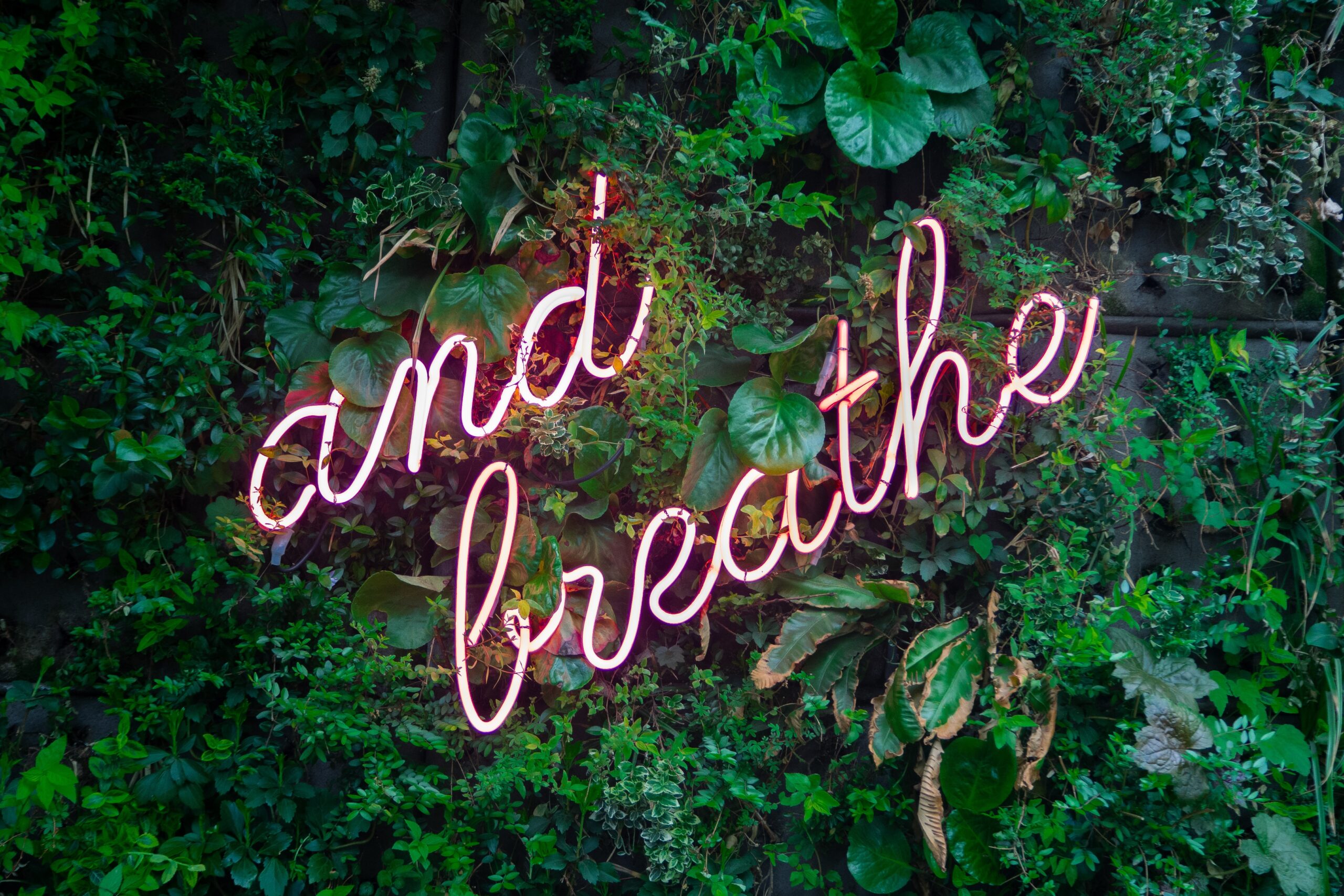I’ve struggled with finding balance in my life more frequently than I care to admit. No matter how much advice I received about self-care, my mind couldn’t comprehend how everything could get done if I wasn’t the one to do it.
From being a new mom trying to prioritize caring for an infant while learning to manage and maintain a household to a demanding corporate career while wrangling busy teenagers’ schedules, life’s demands never seem to become any less challenging.
What I have learned along the way, however, is that finding balance in life is possible, but it does require taking off the superwoman cape every once in a while and exercising my right to say “no.”
Do you frequently feel overwhelmed and overburdened by a busy schedule and never-ending to-do list?
Are you constantly struggling to find balance, feeling scattered and stressed out from juggling competing priorities related to relationships, work, emotional well-being, health, fitness, etc.?
Attempting to tackle the daily grind of life without prioritizing balance can be like running on a hamster wheel.
Continuing at that pace is unsustainable. Eventually, you’re going to burn out…and maybe even meltdown.
Achieving balance in every area of our lives is something to aspire to, as maintaining a well-balanced life has many benefits, including improved physical and mental health, reduced stress, increased productivity, and focus.
In this article, we’ll identify obstacles to finding balance so you can break free of the toxic cycle of overdoing and gain better control over your health and well-being.
What Does Finding Balance in Life Mean?

Before diving into what may be keeping you from establishing a healthier life balance, it’s essential to understand what it means to live a balanced life.
Though balance will mean different things to different people based on individual circumstances, generally speaking, it means making time for the things in life that you have to do while also giving time and attention to the things you want to do without allowing yourself to be constantly overburdened or stressed out.
We often hear the term “work-life balance” used as individuals seek to create a state of equilibrium between their personal and professional lives.
What Living a Balanced Life is Not

What living a balanced life is not is attempting to be everything to everyone all the time.
So many of us take on this role without realizing how detrimental it is to our spirit and overall health and well-being.
According to research, a poor work-life balance in midlife may have negative consequences decades later.
Taking on too much and not allowing time and space for the things that bring you fulfillment and joy is setting yourself on a path of resentment and unhappiness, and life is just too short to let that happen!
But it’s impossible to fix what we don’t recognize is broken, so I’ve listed five obstacles preventing you from finding balance in life below.
5 Obstacles to Finding Balance in Your Life

You Haven’t Established What Balance Means for You
Balance will mean different things to people, depending on unique priorities and belief systems.
When you’re trapped in a constant state of overwhelm and stress, it may seem challenging to find the time to step back and reflect on what would help bring your life into balance, but you owe it to yourself to do just that.
Spend some time taking stock of each area of your life and consider what it would take for you to create more balance where needed.
The key here is to ensure you feel good about how the hours in your day are spent without overexerting your energy or disrupting your sense of inner peace and calm.
You Have Trouble Saying “No”
Often, we allow ourselves to take on too much and get overburdened due to an inability to say “no.”
Whether out of a sense of obligation, people-pleasing, or fear of rejection, we can agree to take on additional responsibilities when we’re already spread too thin.
Be mindful of any tendency to overcommit yourself to personal or professional situations.
Understand that sometimes you’ll have to say “no,” and doing so is a form of self-care.
You should do so guilt-free, being at peace with knowing that it in no way reflects negatively on who you are as a person.
Consider this: who will do it for you if you don’t prioritize yourself by protecting your time and preserving your energy?
You Find it Difficult to Ask For Help
Asking for help from others can be challenging for many people to do. I’m one of them, so I understand completely!
The reasons vary and could be due to several things, like a need to maintain control, a sense of pride, or feeling like no one can do specific tasks to the same standard to which you would do it.
No matter the reason, it’s vital to assess your thinking around this and see where you might be preventing yourself from getting the support you need to manage your responsibilities better and create more balance in your life.
Whether it be hiring a cleaning service to clean the house when the budget allows, asking a friend or family member to pick up the kids after school, or asking a trusted colleague to review a presentation and provide feedback before a big meeting, finding balance means being open and willing to accept help from others.
You Feel Guilty Putting Yourself First
If you’ve ever traveled on an airplane, you’ve heard the flight attendant say that in an emergency landing, you should secure your oxygen mask before attempting to assist anyone else.
The same can be said about life. Yet, we frequently allow ourselves to forgo self-care and let our passions be overtaken by toxic cycles of being overworked and overburdened.
While the responsibilities and pressures of life aren’t going anywhere anytime soon, finding balance should include valuing yourself enough to know that your needs deserve to be prioritized and should not be an afterthought.
Managing your competing responsibilities can become increasingly exhausting and overwhelming without securing your oxygen mask first.
You Struggle with Setting & Enforcing Boundaries
Setting personal and professional boundaries is essential to your physical and mental health and is another critical component to creating balance.
To set boundaries means establishing and communicating rules and limits you’ve created for yourself that affirm your values and seek to protect them from being compromised or disregarded.
When it comes to creating life balance, setting and enforcing boundaries in your relationships can go a long way to helping prevent burnout, stress, and anxiety.
Don’t allow anyone to make you feel fearful or guilty for setting boundaries because doing so honors your need and desire to feel secure and respected.
Final Thoughts

Making a conscious decision to prioritize finding balance in every area of your life is a form of self-care.
It means you are choosing to preserve your inner peace despite what may or may not get accomplished or unexpected events life might throw at you.
While challenges are, and always will be, a fact of life, it’s essential to acknowledge that you deserve personal fulfillment.
Value should not only be placed on the things you need to get done but also on things you enjoy doing.
I encourage you to make a genuine effort to balance your daily responsibilities and schedule time to pursue the things that rejuvenate you and provide joy and contentment.
Ultimately, it will help you maintain the stamina and drive needed to accomplish your larger, long-term goals while reducing your chances of experiencing burnout or resentment from constantly feeling overwhelmed and overburdened.





